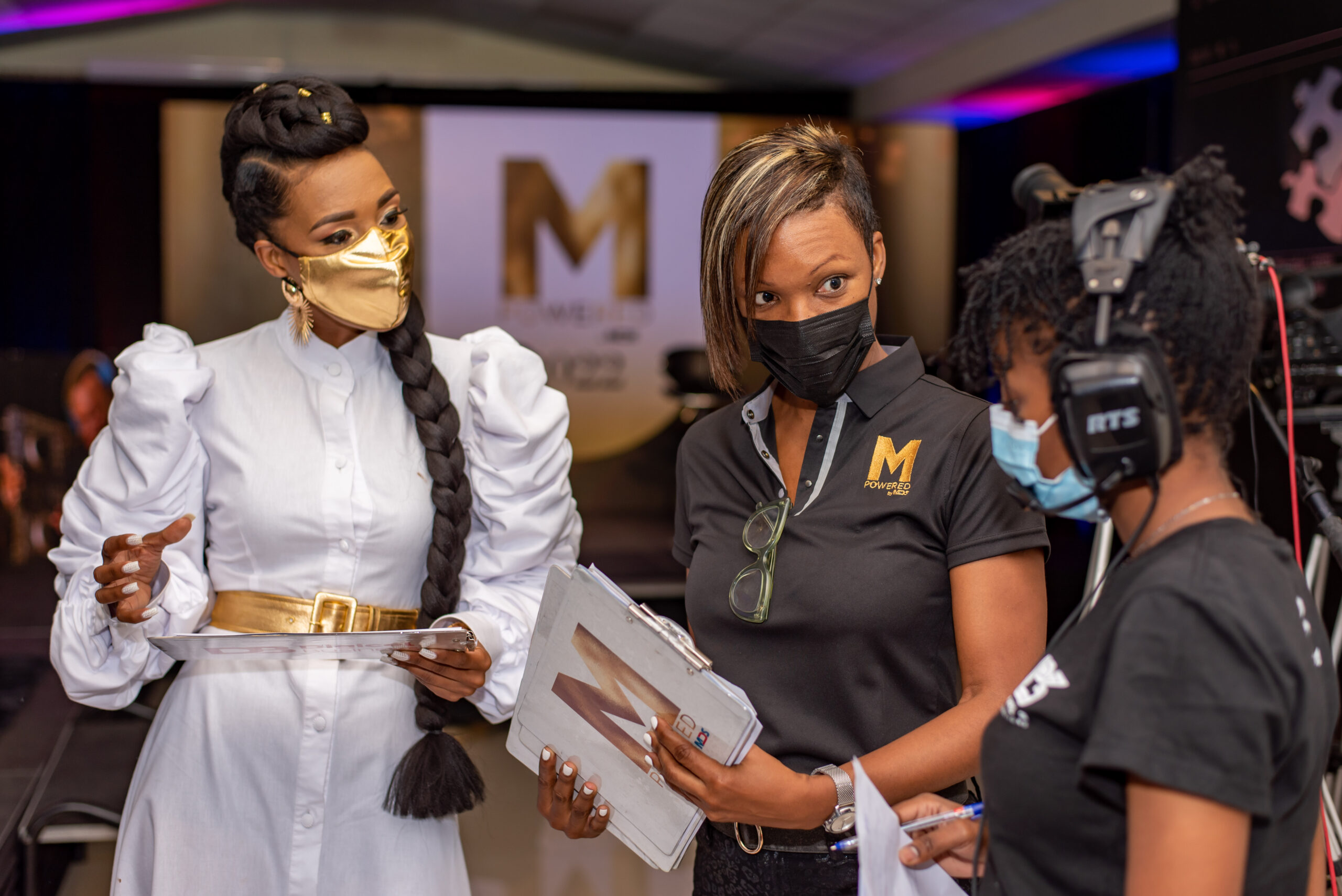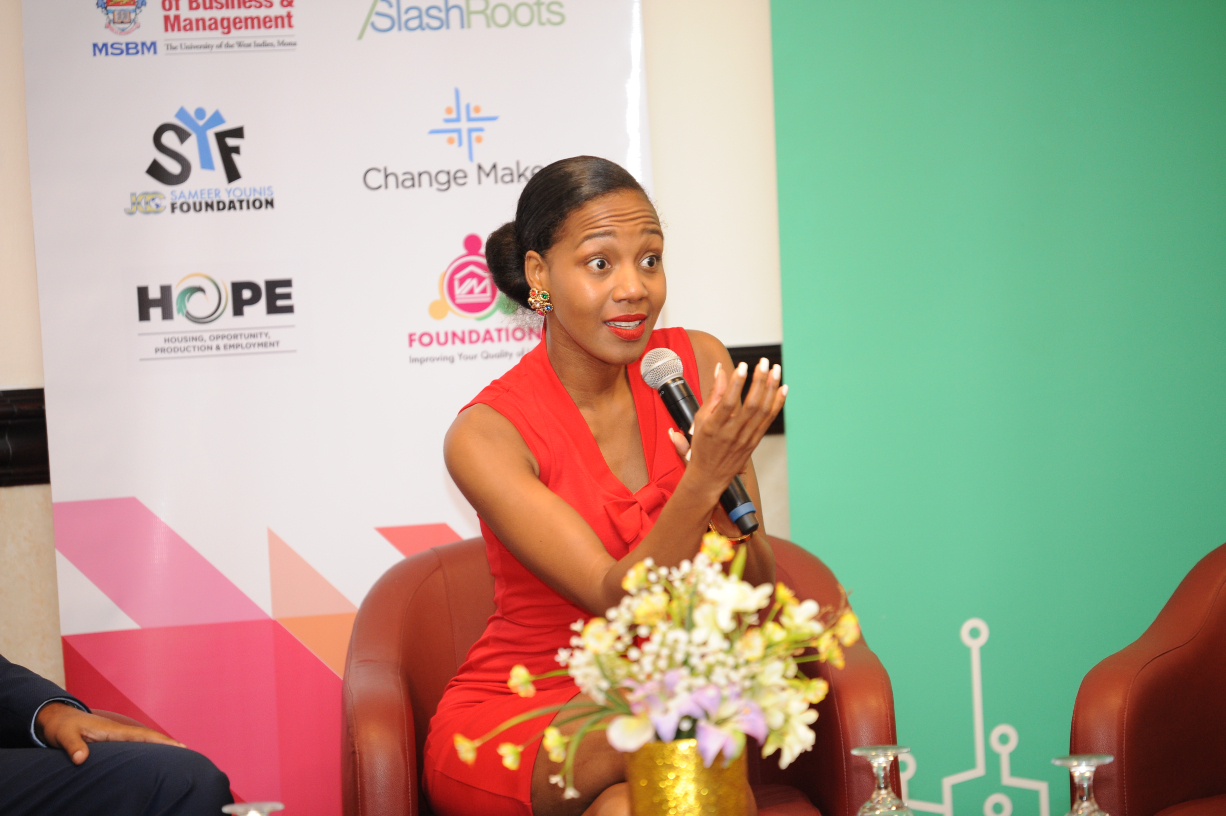I always say people see the end product of my events but not the planning in its granularity and the behind the scenes (aside from the few moments I share some snippets with my community). It is vital to always be prepared. I know; it sounds very cliché, but preparation is the key to a successful execution of an event. You can be the most talented individual there is, the most competent, but your efforts will have been futile if you are unprepared. When I am hired to host or speak, I am not solely interested in a script. I think preparation is far more profound. I am interested in understanding my role in the particular event, adequately comprehending the brand, the purpose of the event, and any eventualities. I show up with the intention to represent and not just host or moderate. Successful execution begins with your attitude. However, the preparation is not limited to the talent. It is imperative that clients, too, are prepared. I find that some of my best events are those where the clients themselves are prepared. I am enthused when clients have a skeleton on which I should build the body of the event. It creates an aura for a successful event. Preparation is paramount.
The A-Team

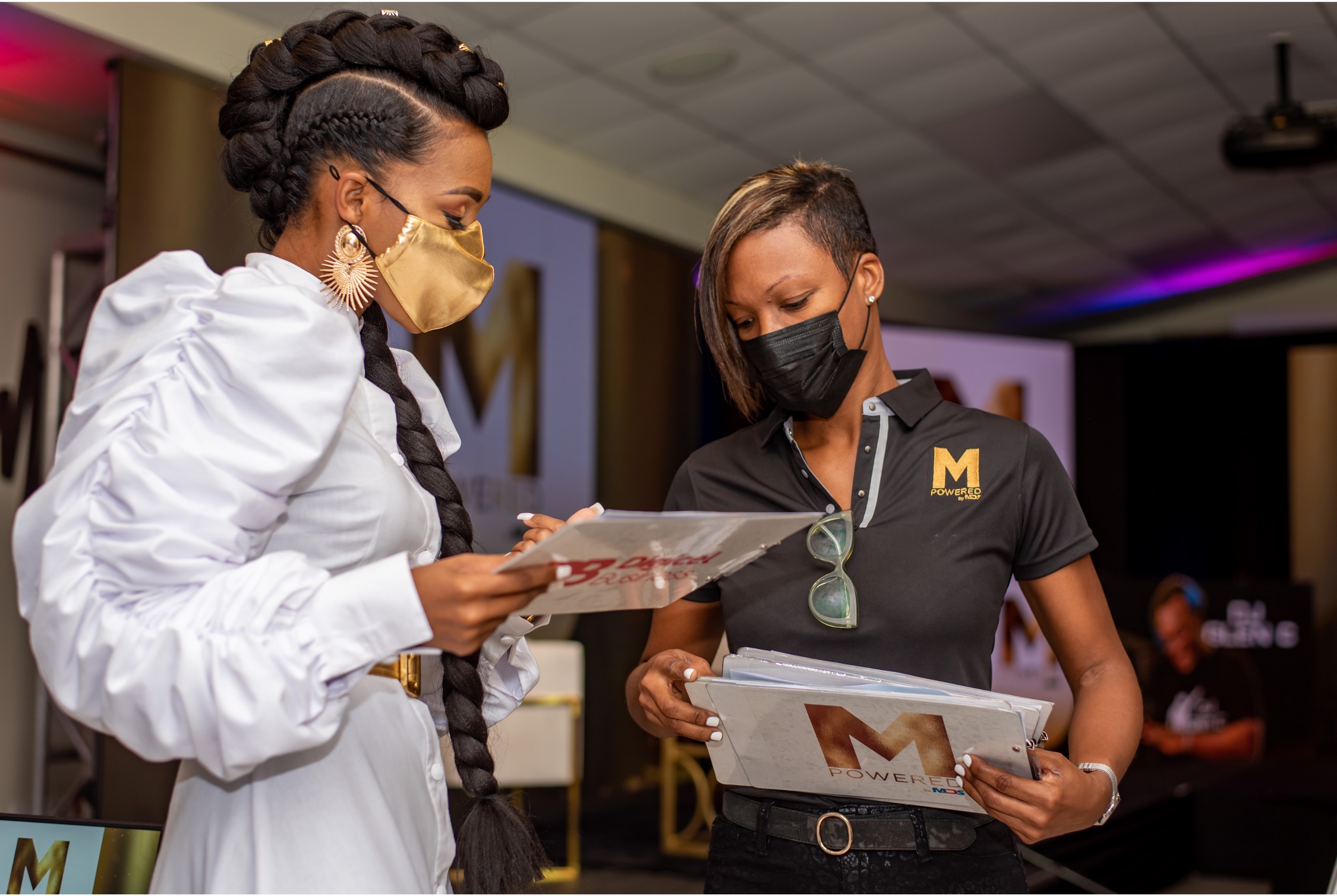
It is important as well for your team to be competent and experienced. As prepared as you are, you need a support system. Execution is like a chain; every link is required to keep it intact. It’s the same way that the team has that symbiotic relationship. Even if we are not employed to the same company, once we have the common aim of executing the event, we are a team. I am on the same team as the production personnel, the décor personnel, marketers and any other person who shares the goal with me at any given event.
Real Work
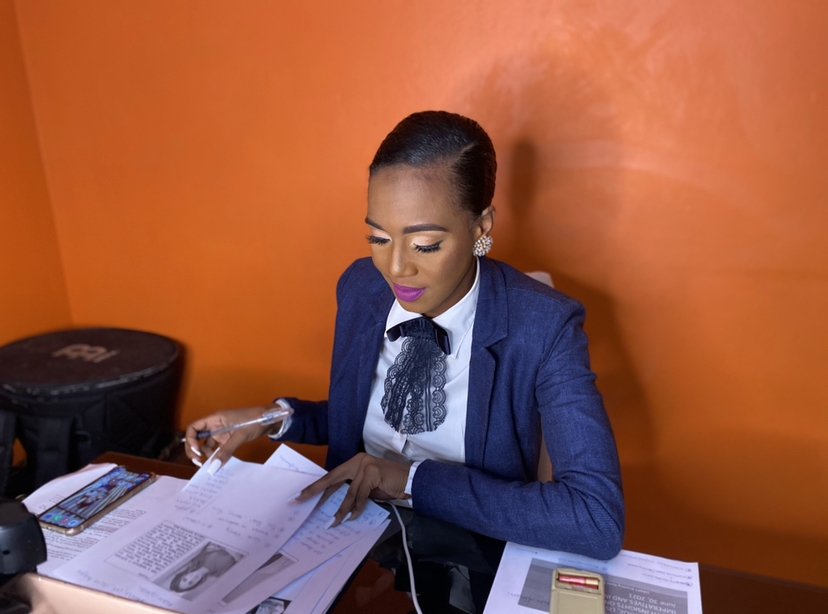
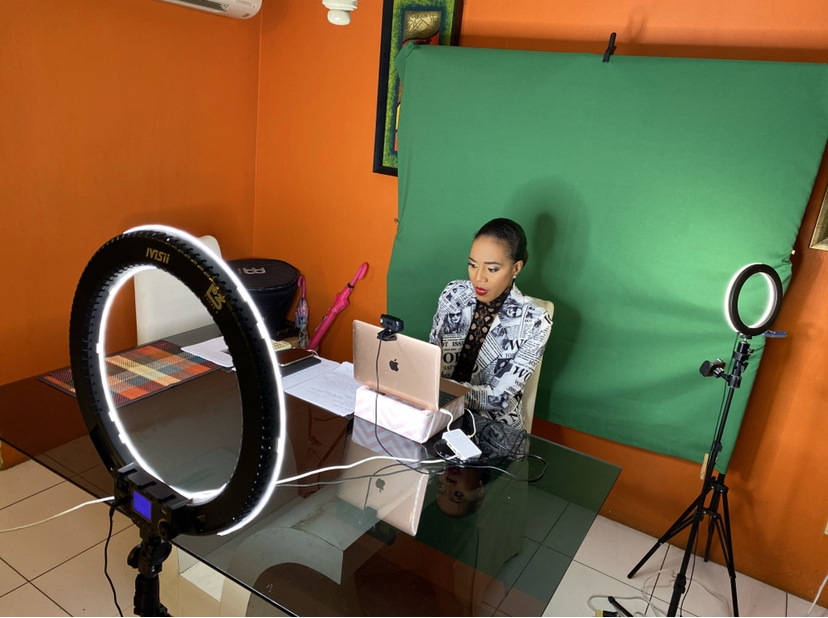
Nothing you do should be treated like a side hustle. It is work and it should be treated as such. I like to characterize this concept with the 4 Ps: Be Punctual, Be Presentable, Be Professional and … like I said, Be Prepared. An honourable mention to be great at what you do is Be Passionate about it. It is serious business and it is absolutely necessary to apply yourself. In that, I suggest you find your flow. This is essentially your working identity. Build that confidence that is supremely and purely yours – created and harnessed because you took the time to understand the frequency in which you operate. When you find your flow, everything you touch will be incomparable. Only then will you be able to leave your legacy through your work.
Don’t Assume
Never assume that your client or employer knows or immediately understands all that you’re experiencing. For this reason, it is extremely important to communicate. If you need to renegotiate the terms, make it known. The relationship cannot be mutually beneficial if each person does not understand the true status and the challenges or blockers. Nothing gets done, efficiently at least, if you ghost the client and try to navigate the challenges independently. Be honest about where you are and find a common working ground or way forward.
Trust
Confidentiality is a fundamental principle of any successful business relationship. Clients should have that confidence in your integrity. People are often of the view that once a Non-Disclosure Agreement is not involved then it should be all ears for everyone they meet. While there may not be any legally binding agreement, lack of confidentiality can make or break the legacy of your work. Be discreet and respectful of people’s privacy – whether it be your clients or colleagues. Confidence in the legacy of your work begins with their confidence in you.

